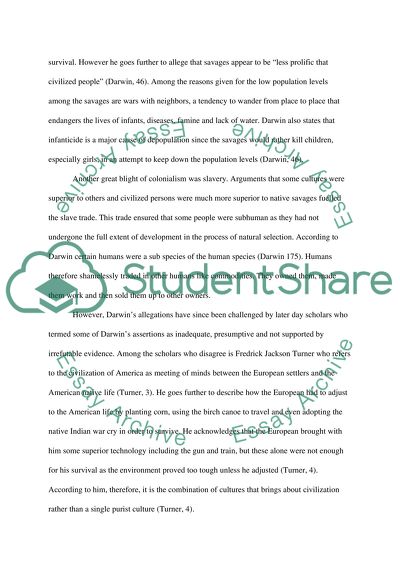Cite this document
(“The representation of savagery and civilization Term Paper”, n.d.)
Retrieved from https://studentshare.org/environmental-studies/1410100-the-representation-of-savagery-and-civilization
Retrieved from https://studentshare.org/environmental-studies/1410100-the-representation-of-savagery-and-civilization
(The Representation of Savagery and Civilization Term Paper)
https://studentshare.org/environmental-studies/1410100-the-representation-of-savagery-and-civilization.
https://studentshare.org/environmental-studies/1410100-the-representation-of-savagery-and-civilization.
“The Representation of Savagery and Civilization Term Paper”, n.d. https://studentshare.org/environmental-studies/1410100-the-representation-of-savagery-and-civilization.


